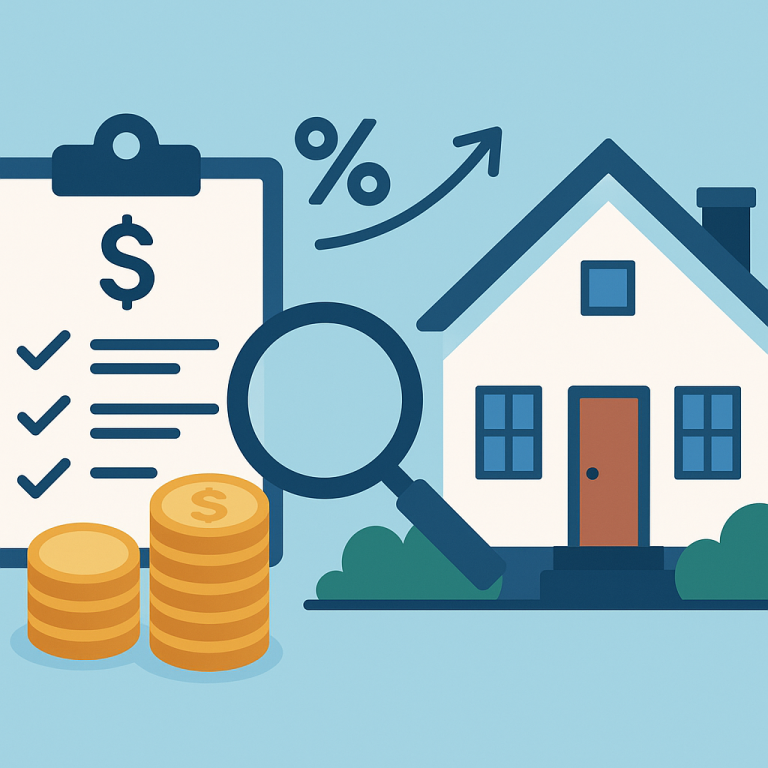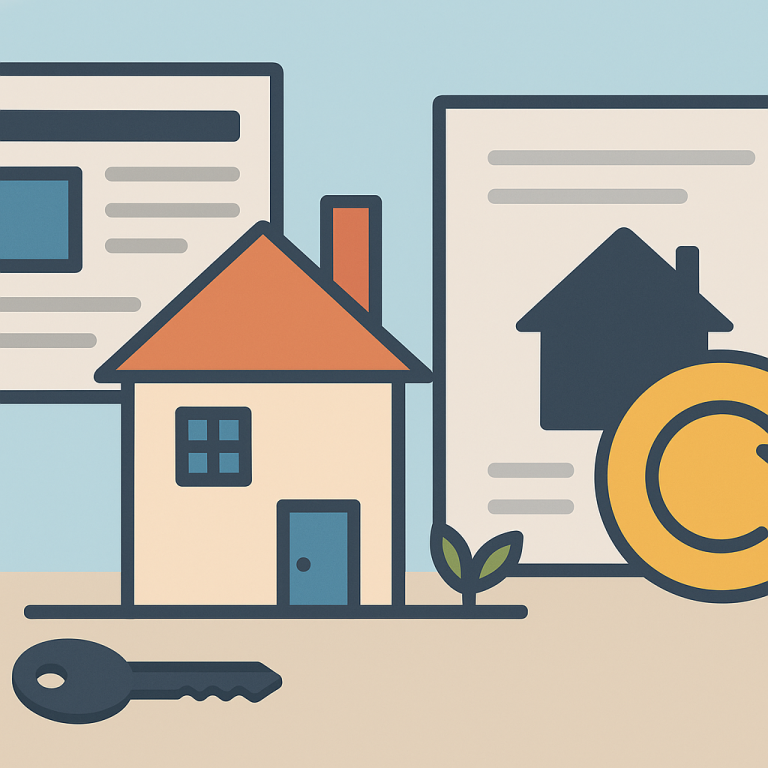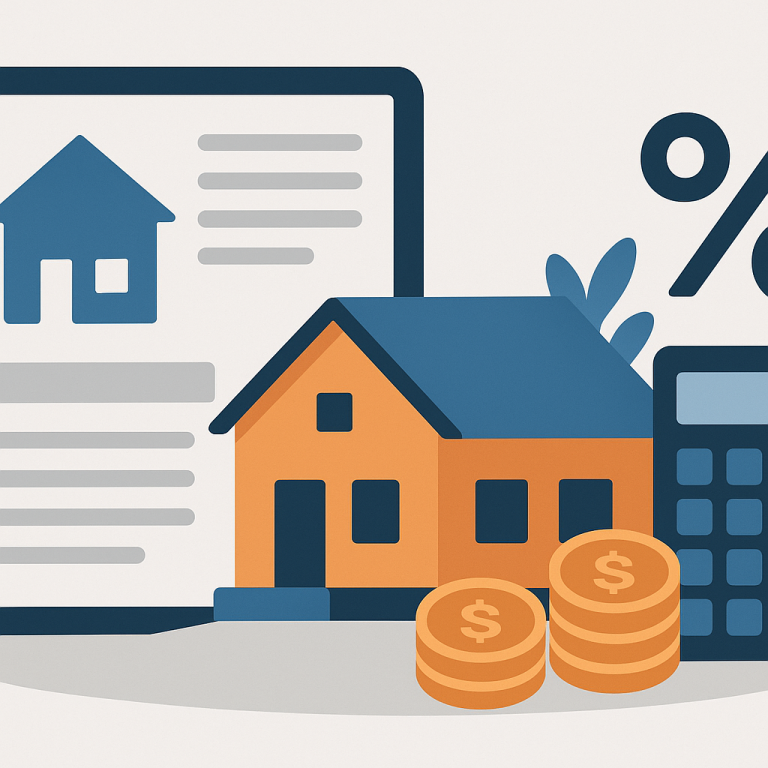Refinance guide refinancing after a credit dispute or rapid rescore
Refinancing After a Credit Dispute or Rapid Rescore: What Homeowners Need to Know
If you recently disputed items on your credit report or used a rapid rescore to improve your score, you may be wondering how that affects your ability to refinance your mortgage. This guide explains what these processes are, when using them makes sense for a refinance, the benefits and drawbacks, expected costs, a step-by-step process, common pitfalls to avoid, and answers to frequently asked questions.
What it Is and When It Makes Sense
A credit dispute is the process of challenging inaccurate or outdated information on your credit report with the credit bureaus. A rapid rescore is a faster mechanism—usually initiated by your lender through a third party—that updates credit-reporting information quickly after a creditor verifies data, often in days rather than weeks.
Refinancing after a dispute or rapid rescore makes sense when:
- Errors or outdated accounts on your credit report are preventing you from qualifying for a lower rate or better loan program.
- You recently paid off or settled a major obligation and need credit reports updated quickly to lock in a rate before your rate lock window expires.
- You have only a few verifiable issues that, once corrected, will materially raise your credit score and the refinance savings outweigh costs and time.
Benefits and Drawbacks
Benefits
- Speed: Rapid rescoring can update credit reports in 3–7 business days, much faster than standard dispute timelines.
- Rate improvement: A higher credit score may qualify you for a lower interest rate or removal of private mortgage insurance (PMI).
- Better program options: Improved credit may allow access to lower-cost loan products or lower closing costs.
Drawbacks
- Not a solution for accurate negative items: Verified delinquencies, legitimate collections, bankruptcies, and recent public records generally cannot be removed via dispute/rescore.
- Potential fees: Some lenders or third parties charge for rapid rescoring, and credit repair services can be expensive.
- Timing and underwriting: Lenders re-verify credit before closing, so changes close to closing could trigger re-qualification or delays.
- Temporary fixes: If you’re relying on a rapid change to meet criteria, underwriters may request additional documentation that could still block the refinance.
Costs and Fees
Costs can come from several sources:
- Rapid rescore fees: Some lenders absorb the cost; others pass it to you. When charged, fees typically range from modest per-bureau fees to several hundred dollars depending on the vendor and number of items. Ask your lender for an exact amount up front.
- Credit repair services: Third-party companies may charge monthly subscription fees or flat fees for services to dispute errors—shop carefully and check state laws and consumer protections.
- Standard refinance closing costs: Appraisal, title, origination, underwriting, and recording fees still apply and are separate from rescore costs.
Always request a Good Faith Estimate or Loan Estimate to understand total refinance costs and confirm whether rapid rescore fees are included or charged separately.
Step-by-Step Process
Follow these steps to refinance after a credit dispute or rapid rescore:
- Review your credit reports: Get free copies of your reports from the three major bureaus at annualcreditreport.com or via your lender’s authorization. Identify inaccuracies or accounts that could be verified and updated quickly.
- Gather documentation: Collect proof that supports your dispute—payment confirmations, account statements, letters from creditors, or settlement agreements.
- Talk to your lender or mortgage broker: Explain that you’ve disputed items or plan to request a rapid rescore. Ask whether they offer rapid rescoring and what fees, timelines, and documentation they require.
- Initiate the dispute or rescore: For a dispute, submit documentation directly to the credit bureaus. For a rapid rescore, your lender typically coordinates with the creditor and the bureau to verify and update records quickly.
- Wait for updates: Rapid rescoring usually yields updates in a few business days; standard disputes may take 30–45 days. Monitor the credit reports to confirm changes.
- Re-run underwriting: Once reports update, your lender will pull your credit again, re-run underwriting and, if everything checks out, proceed with rate lock and closing steps (appraisal, title, final underwriting).
- Close the refinance: Complete closing once final underwriting, title, and funding conditions are met.
Common Pitfalls to Avoid
- Assuming everything can be removed: Accurate derogatory information verified by creditors won’t simply disappear.—plan accordingly.
- Letting rate locks lapse: Don’t initiate rapid rescoring without a clear rate lock timeline. If a correction comes after the lock expires, rates and terms could change.
- Using shady credit repair companies: Avoid firms that promise guaranteed removal of accurate negative items or ask for upfront large fees. Many are scams or operate on the edge of the law.
- Not documenting disputes: If the lender needs proof that an account was corrected or removed, documentation will speed underwriting and reduce questions.
- Doing multiple disputes simultaneously: Excessive dispute activity can look suspicious to lenders and bureaus; address highest-impact items first.
Short FAQ
Will a rapid rescore hurt my credit score?
No. A rapid rescore updates the information on your credit report; the process itself does not involve a hard inquiry or negative action. However, the underlying changes (like deleting a late payment) affect your score positively or negatively depending on the correction.
How long does a rapid rescore take?
Typically 3–7 business days after your creditor verifies the information, though timelines vary by creditor and bureau. Standard disputes can take 30–45 days.
Can I refinance immediately after a credit dispute or rescore?
Often yes, if the lender re-pulls your credit, re-underwrites, and confirms eligibility. Timing matters—coordinate the rescore with your lender so any rate lock and closing timeline align.
Are rapid rescores available for all credit issues?
No. Rapid rescoring is useful when a creditor can verify and correct specific account data quickly (e.g., paid collections, updated balances). It won’t remove accurate public records or verified bankruptcies simply because you request it.
Refinancing after a credit dispute or rapid rescore can unlock meaningful savings when handled deliberately. Work closely with a trusted lender, document every step, and be realistic about what can be corrected versus what must age off your credit report.
META: refinancing after a credit dispute; rapid rescore; mortgage refinance guide; homeowner refinancing FAQs






